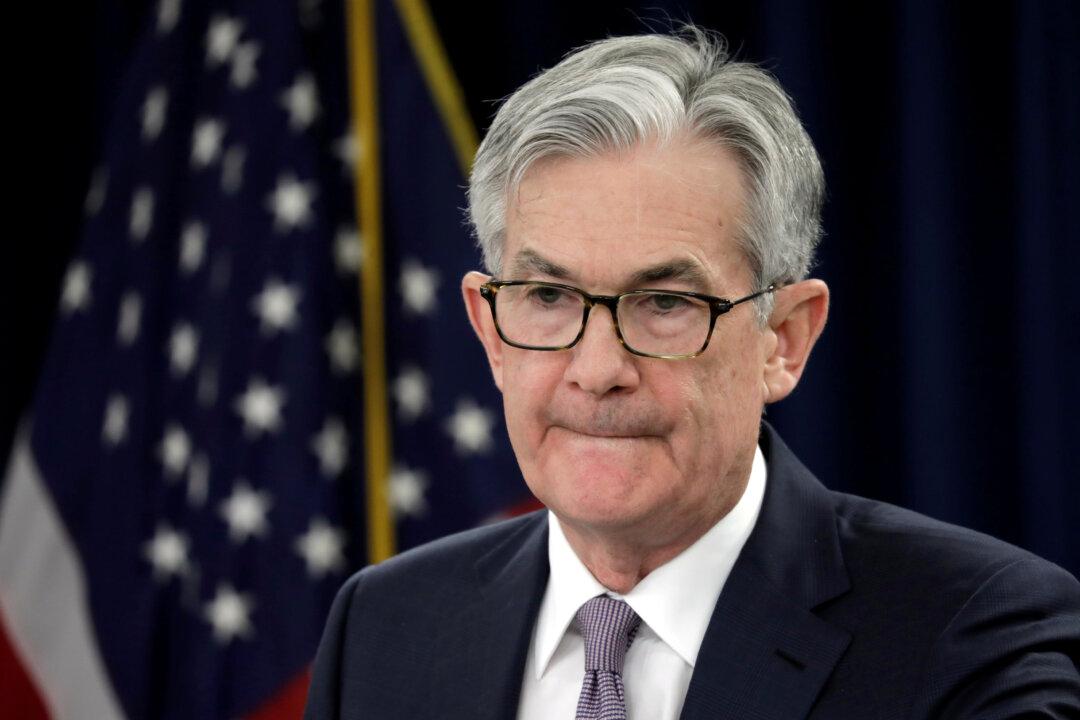WASHINGTON/TOKYO—A rapidly spreading virus outbreak in China is emerging as a potentially major new risk to the global economy and leaving policymakers, still grappling with the impact of the Sino-U.S. trade war, fretting over the widening fallout.
In a sign of alarm over the possible damage, Bank of Japan Deputy Governor Masayoshi Amamiya said on Jan. 30 China’s huge presence in the world economy must be taken into account in gauging the impact the outbreak could have on global growth.





